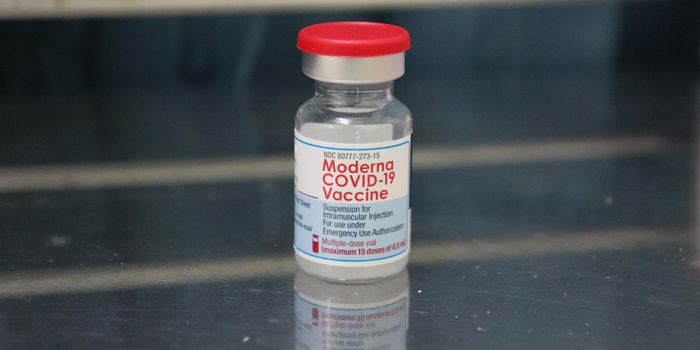The Double-Edged Sword of Iron Deficiency
Iron is a crucial nutrient. Most of the iron in the body is contained in red blood cells, as part of hemoglobin, which is the molecule that ferries oxygen in the blood. There are two proteins that can take iron into cells when it's needed. If these proteins are not functional, such as in a mouse model, severe iron deficiency or anemia occurs. The levels of neutrophils, one part of the innate immune system, also drop significantly. This seems to undermine another aspect of immunity - iron deficiency is known to be a way to fight infection.
Scientists know that two proteins, called IRP-1 and IRP-2, regulate cells' iron supply. These proteins increase the levels of iron transporters that move iron into the cell, and when iron levels are low, IRP-1 and IRP-2 increase production of iron transporter proteins, while simultaneously ensuring that iron levels don't get too high.
Mice without both proteins do not survive development. Now researchers have learned more about what happens when the proteins become dysfunctional in adult mice. They were unsurprised to find that in that model, the red blood cell levels went down when IRP-1 and IRP-2 were disrupted, and the red blood cells that were produced were unusually small.
However, the investigators also learned that white blood cell levels dropped significantly too. Neutrophils were lost, and these immune cells account for about two-thirds of all white blood cells that humans carry; they are a crucial part of the innate immune system. But the neutrophils do not all suddenly die.
Instead, the researchers found that the precursors to these cells, which reside in the bone marrow, stop developing into mature neutrophils. Thus, the neutrophil production process seems to depend on iron. Other white blood cell types were unaffected by the loss of IRP-1 and IRP-2.
"This strong iron dependence of neutrophils was previously unknown. It possibly affects the immune defense against bacterial pathogens," noted study leader Bruno Galy of DKFZ (German Cancer Research Center).
However, it's worth noting that many pathogenic microbes depend on iron. The body can hoard iron in certain cells, and make it more difficult for pathogens to access iron when there is an infection in the body. The findings have been reported in Science Advances.
Another study, also reported in Science Advances, indicated that when mice have an iron deficiency in circulation, which often happens during an infection, neutrophil levels drop and the immune system is less efficient at fighting an infection.
Galy noted that iron levels can be a "double-edged sword" because iron deficiency can limit the spread of bacterial infections but it also disrupts immunity.
"Next, we want to investigate whether iron deficiency in chronic inflammation also impairs immune function," Galy added.
Sources: German Cancer Research Center (Deutsches Krebsforschungszentrum, DKFZ), Bonadonna et al Science Advances, Frost et al Science Advances









